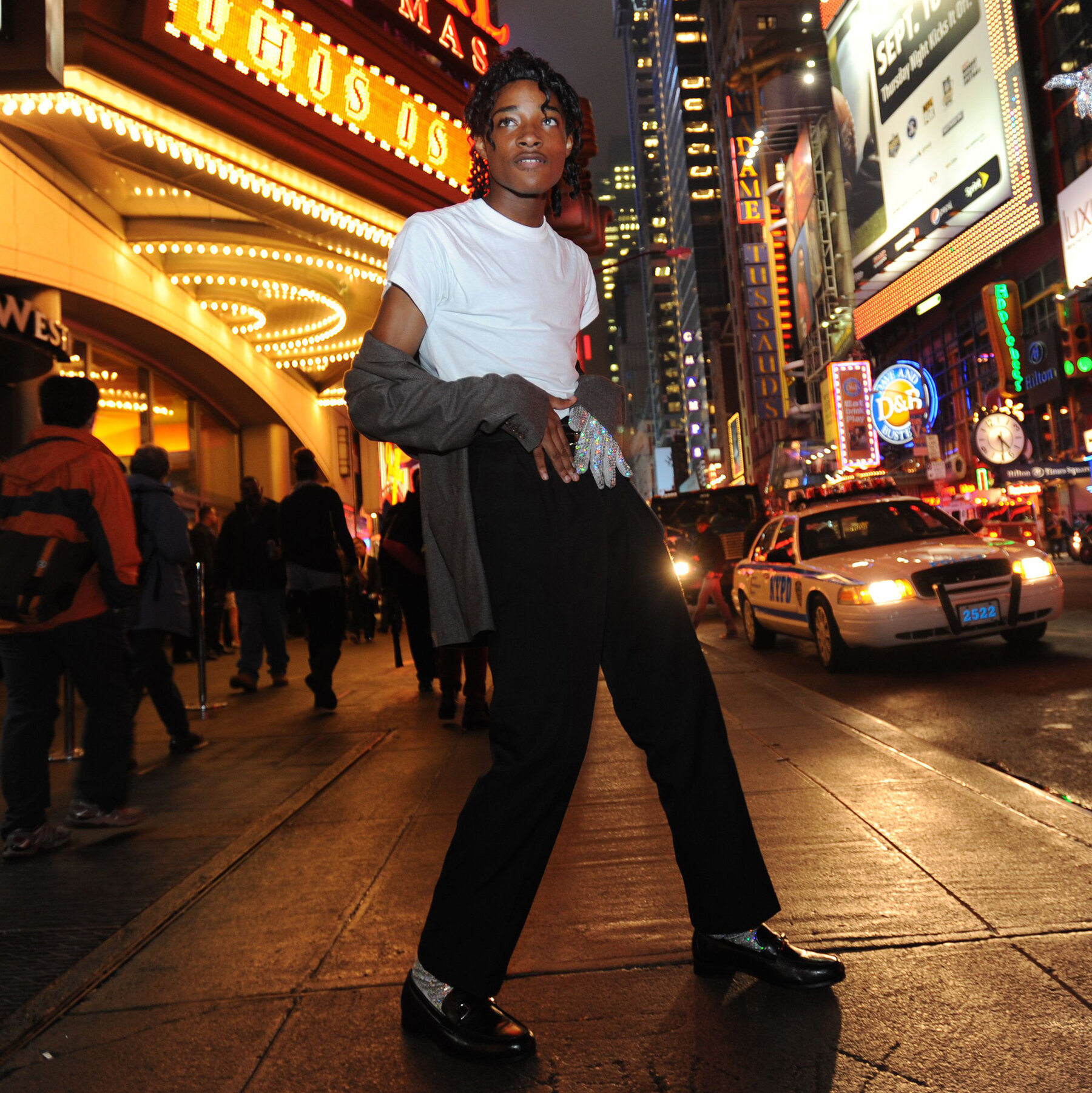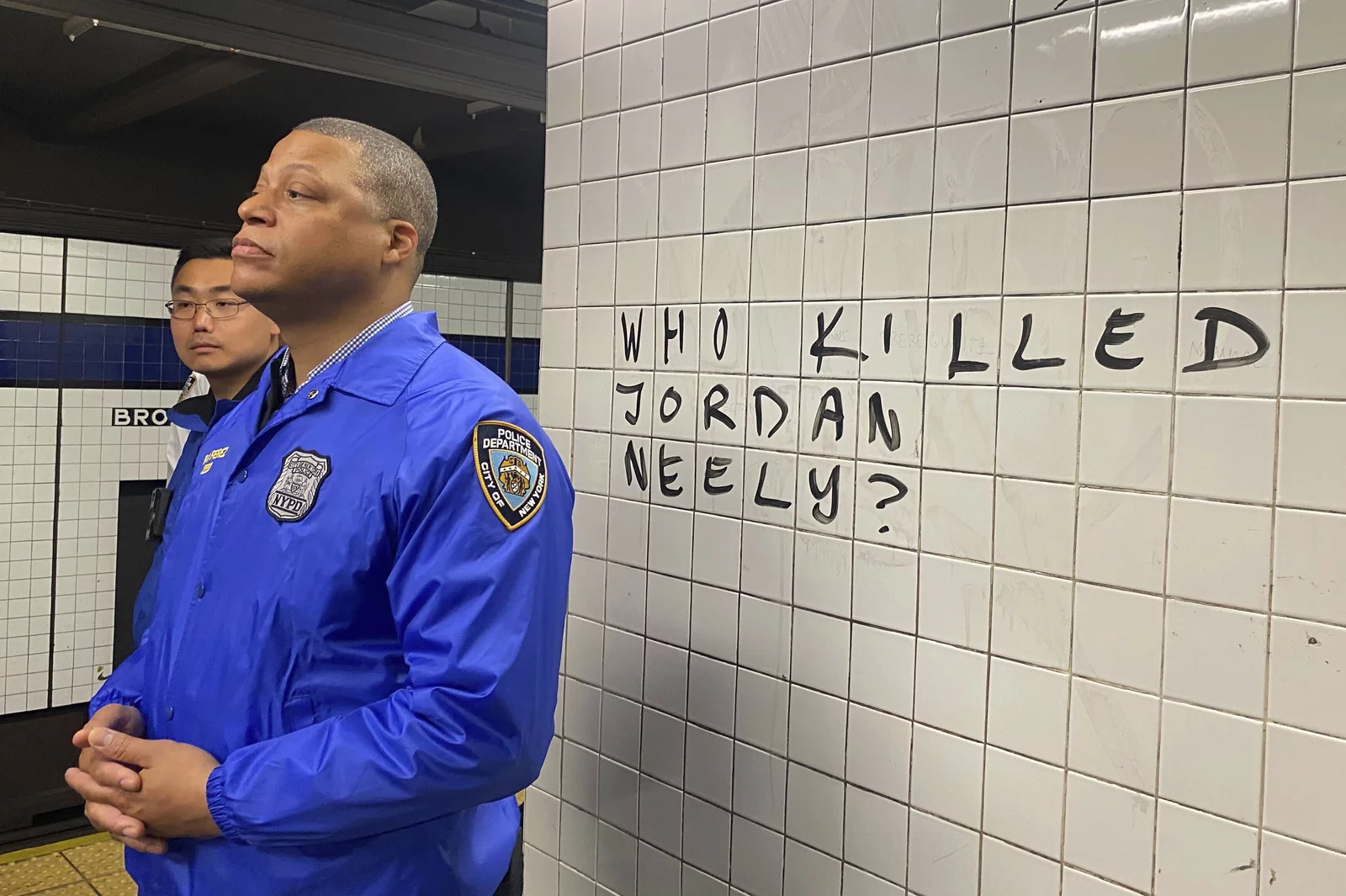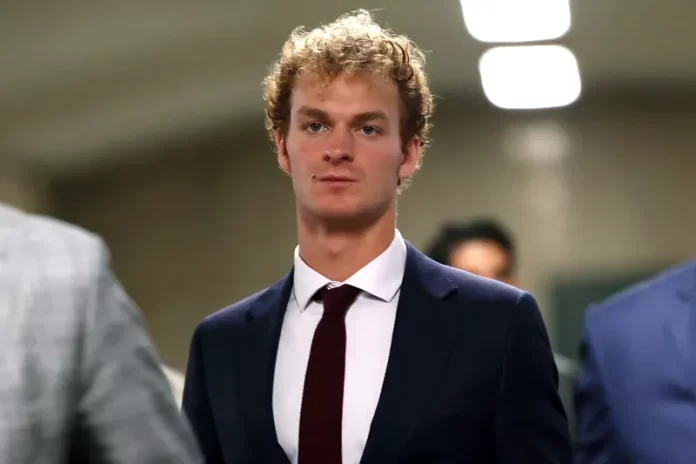The Jury Acquitted Penny of Criminally Negligent Homicide After Previously Deadlocking on the More Serious Charge of Manslaughter
The manslaughter charge against Daniel Penny, accused of fatally choking Jordan Neely on a New York City subway in May 2023, has been dismissed after jurors reported being deadlocked. The decision, made at the prosecution’s request, leaves jurors to deliberate only on the lesser charge of criminally negligent homicide, which carries a maximum sentence of four years.
Judge Maxwell Wiley, who presides over the case, informed the jury of the decision Friday, saying, “You are now free to consider count two.” Deliberations will resume Monday.
Jordan Neely’s Father Files Civil Lawsuit Against Daniel Penny
As jurors deliberate Daniel Penny’s fate in criminal court, Jordan Neely’s father, Andre Zachary, has filed a civil lawsuit against Penny in New York Supreme Court. The lawsuit accuses Penny of negligent conduct, assault, and battery, claiming these actions caused Neely’s death.

Zachary is seeking damages exceeding the jurisdictional limits of lower courts, emphasizing the profound loss and harm caused by Neely’s death. The lawsuit was filed Wednesday, coinciding with jurors in Penny’s four-week trial pausing deliberations for a second time without reaching a verdict.
What Happened?
The case stems from a confrontation on May 1, 2023, when Neely, a 30-year-old homeless man with a history of mental illness, boarded a subway train in an agitated state, ranting about his struggles. Penny, a 26-year-old former Marine, placed him in a chokehold, reportedly for six minutes, to restrain him. Witnesses described Penny’s actions as an attempt to protect passengers, but prosecutors argued the chokehold caused Neely’s death.
The city’s medical examiner ruled that Neely died from neck compression. At the time of his death, Neely had synthetic marijuana, known as K2, in his system.
The incident sparked debates about subway safety, racial justice, and the city’s handling of homelessness and mental health issues, making the case a focal point of public discourse.
Defense and Prosecution Clash Over Mistrial
Penny’s defense team requested a mistrial multiple times, arguing that prolonged deliberations and the Allen charge risked coercing jurors into unanimity. They also opposed the dismissal of the manslaughter charge, calling it an attempt to “manufacture unanimity” on the lesser charge.

Prosecutor Dafna Yoran countered, asserting that dismissing the manslaughter charge allowed jurors to focus on criminally negligent homicide without being hung on the top count.
Judge Wiley praised the jury’s systematic approach, emphasizing the importance of conscientious deliberation. “I will again urge each of you to make every possible effort to arrive at a just verdict here,” he said.
What’s Next?
As deliberations continue, the jury’s focus will be on whether Penny’s actions were criminally negligent, considering the circumstances of Neely’s death and Penny’s intent to restrain, not harm. Simultaneously, the civil lawsuit filed by Neely’s father adds another layer of accountability, ensuring the case’s legacy in both criminal and civil courts.
The trial highlights complex questions about personal responsibility, public safety, and systemic failures in addressing homelessness and mental health, issues that resonate far beyond the courtroom.








